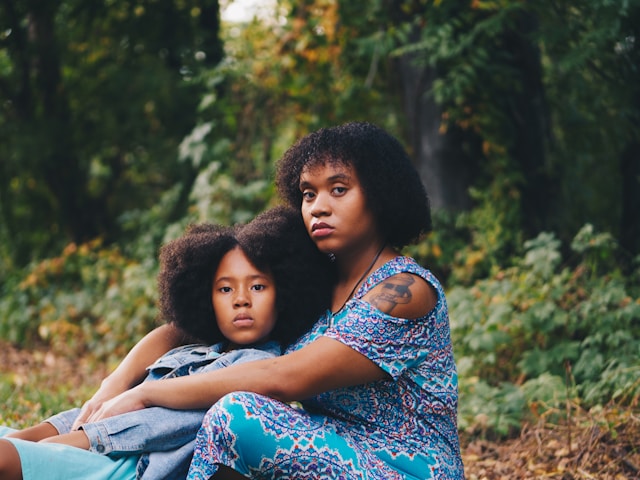After divorce, the journey of motherhood unfurls in unexpected patterns—each cord intertwined with tenderness and complexity. The quiet weight of guilt becomes all the more intricate, imbued with new shades of longing, regret, and fierce love. Traversing this landscape, mothers are called to a profound form of grace—one that acknowledges their humanity while celebrating their children’s resilience and remarkable growth.
The Changed Landscape of Motherhood
Divorce reframes the image of family, demanding from mothers heightened adaptability and unwavering devotion. Imago language, rooted in empathy, validation, and presence, becomes a lifeline in these moments. Through intentional dialogue, mom witnesses both her child’s pain and her own, saying, “I see that this transition is difficult for you, and it makes sense that you may feel uncertain or unsettled.” Such words honor the emotional truth in the room, opening a sacred space for healing rather than hiding.
The practical responsibilities—the juggling of changed schedules, split holidays, and heightened logistical demands—are only the tip of what mothers manage after divorce. Beneath lies an ocean of reflection: Did I do enough to shield my children from harm? Did my need for stability come at the expense of their comfort? Guilt settles in the quiet moments, whispering every imagined inadequacy. Yet, Imago wisdom teaches to replace blame and self-reproach with curiosity and wonder: “What can I learn from this? How can I grow in ways that gift my children security and hope?”.
The Power of Connection
Divorce may narrow the time spent with children, but it magnifies the importance of connection. Quality now eclipses quantity. Moments of shared meals, gentle conversations, bedtime stories, or simple physical affection become anchors of normalcy and sources of joy in the new family structure. Even amid upheaval, mothers have the power to cultivate rituals that assure children, “Our love endures, even as our household transforms.”
Imago language can transform post-divorce dialogue into opportunities for deepened trust. By using reflective statements—“Let me see if I understand; you miss how things used to be, and that hurts”—mothers invite children to voice their feelings, fostering resilience and self-understanding.
Growth in Adversity
Divorce can spark profound growth, both in mothers and in their children. Amazing, productive citizens often emerge from families touched by divorce, equipped with empathy, adaptability, and emotional intelligence. These qualities blossom not in spite of the hardships, but often because of the nurturing presence a mother provides while weathering them.
Grace is essential—forgiving oneself for not knowing then what is known now, granting permission to be imperfect, and recognizing that love, not perfection, is the greatest legacy. Community brings comfort in realizing that countless mothers silently shoulder the same burdens, and sharing those stories can transform guilt into solidarity.
The Forward Journey
Motherhood after divorce is an evolving story of hope. The ties that bind may stretch, but they do not break. Through each act of presence, of listening without judgment, and of responding with empathy, mothers and their children can co-create new narratives—ones that cherish what has been, honor what remains, and anticipate what is yet to come.
Amazing children will continue to grow, learn, and shine—even as they, too, rewrite their own stories. In the end, the endless capacity to love, forgive, and begin again defines motherhood’s truest power after divorce. The weight of guilt is transformed not by erasing the past, but by embracing the present with open arms and a caring heart.

